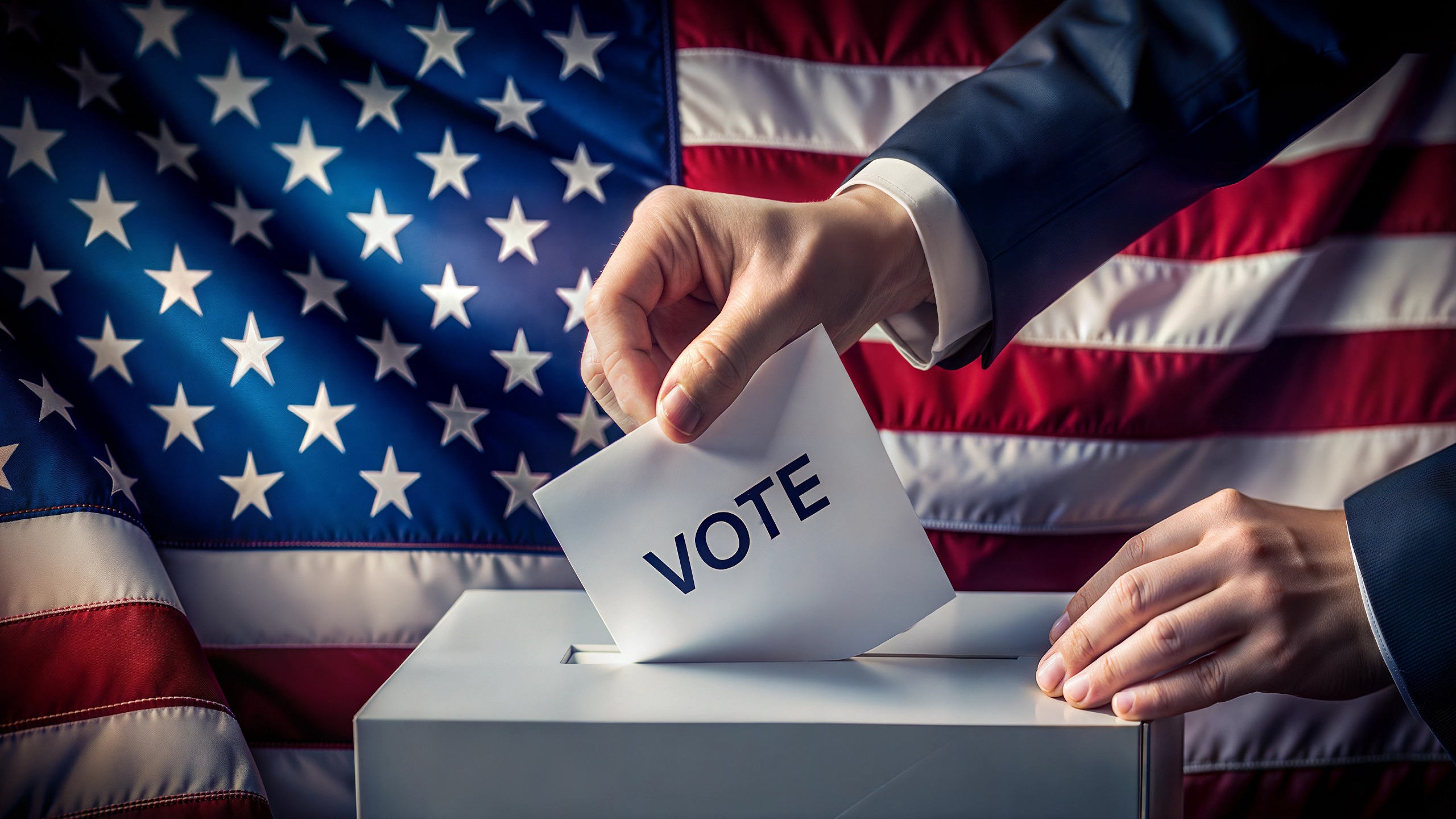




The 2024 U.S. presidential election has seen a significant shift in Muslim voter support, largely attributed to the ongoing war in Gaza and economic concerns. Khalid Turaani, a community leader from CAIR Ohio, reported that only 21% of Muslim voters supported Kamala Harris, a stark decline from the 80% who backed Joe Biden in 2020. This year, 53% of Muslim voters opted for Jill Stein, while 21% chose Donald Trump [1a6d9206].
Turaani criticized the Democratic Party for its perceived disconnect and arrogance towards Muslim voters, expressing concern that this alienation could have long-term repercussions for the party. He emphasized that a president has the power to influence the resolution of the Gaza conflict quickly, urging Trump to take decisive action if elected [1a6d9206].
This shift in voter sentiment is reflective of broader trends observed among Jewish voters in Israel, where 72% expressed a preference for Trump over Harris, indicating a strong influence of foreign policy on electoral choices [6a9a385f]. The ongoing conflict in Gaza, which has resulted in significant casualties, has further complicated the political landscape, leading to skepticism among voters about the effectiveness of either candidate in addressing their concerns [202932e8].
In the context of the UK, pro-Palestinian candidates are mobilizing Muslim voters by addressing dissatisfaction with the major parties' stances on the Gaza conflict, which has also contributed to the shifting dynamics in the U.S. elections [f17549bc][72a320ff]. Turaani's remarks underscore the critical need for political parties to engage meaningfully with diverse voter bases to avoid losing crucial support in future elections [1a6d9206].